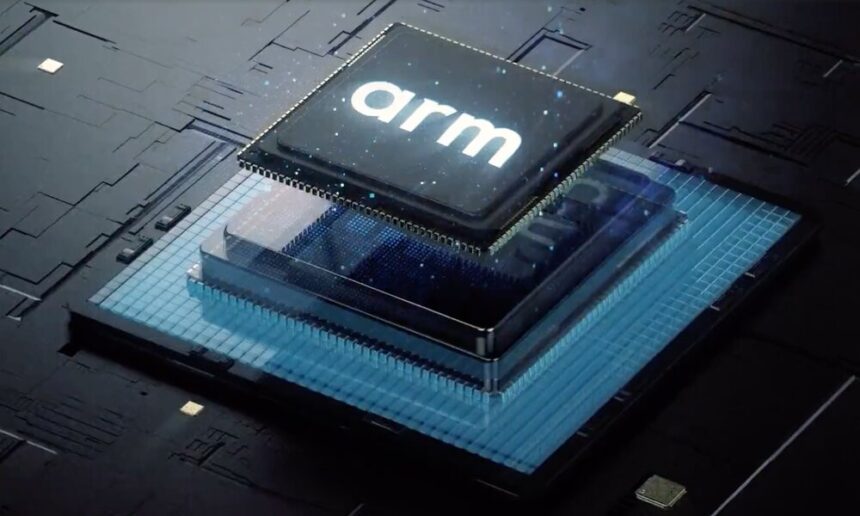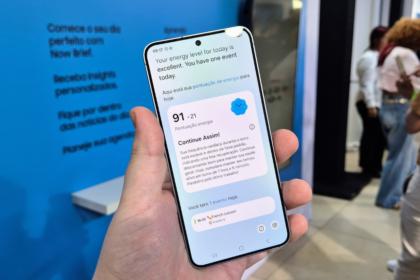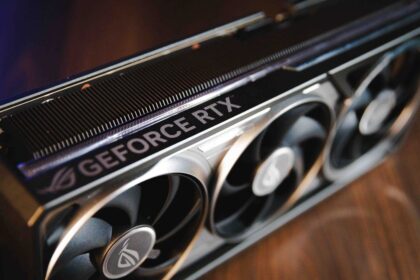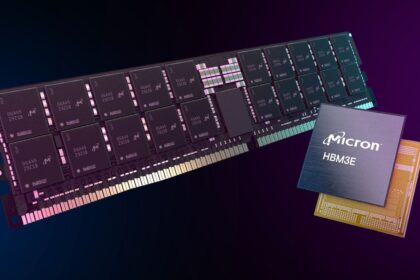According to Bloomberg, Arm Holdings has announced its intention to terminate Qualcomm’s architecture license agreement (ALA), which could reshape the semiconductor industry landscape. This decision is part of an ongoing legal dispute that began two years ago and could have far-reaching implications for Qualcomm’s operations, particularly its emerging laptop processor business.
The immediate impact comes in the form of a 60-day notice period given to Qualcomm to address the situation. If unresolved, Arm could demand the cessation of sales for numerous Qualcomm products, including their processors for client PCs. This is particularly concerning given that a substantial portion of Qualcomm’s $39 billion revenue relies on processors that use Arm’s instruction set architecture (ISA) and off-the-shelf technologies.
The root of this conflict can be traced back to 2019 when Arm granted Nuvia two crucial licenses: the Technology License Agreement (TLA) and the Architecture License Agreement (ALA). These licenses were granted explicitly for data center product development and came with strict conditions, including non-transferability without Arm’s explicit approval. The situation became complicated when Qualcomm acquired Nuvia in 2021 without securing this necessary approval.
Following the acquisition, Arm terminated Nuvia’s licenses in 2022, but Qualcomm maintained that its ALA covered its subsidiary, Nuvia. The dispute intensified when Qualcomm proceeded to release processors based on Nuvia’s Phoenix (Oryon) cores, which Arm contends breached the contracts and infringed upon their trademarks.
Arm’s position in this legal battle is clear: they argue that Qualcomm violated its agreement by not renegotiating terms after the Nuvia acquisition. They’re demanding that Qualcomm destroy any Nuvia designs created before the merger. Qualcomm, however, has countered these claims and filed its lawsuit, asserting its actions were within its rights under existing agreements.
The implications of this dispute could be substantial for Qualcomm. While the company may retain access to Arm’s standard designs under the TLA deal, the potential loss of its architectural license could lead to significant delays and disruptions in product development. This is particularly crucial as Qualcomm seeks to establish itself in the PC processor market and maintain its strong position in mobile computing.
As both companies prepare for trial, the outcome of this legal battle could have lasting implications for not just the involved parties but the entire semiconductor industry. It underscores the critical importance of intellectual property rights and licensing agreements in the technology sector, where innovation often depends on complex partnerships and agreements between significant industry players.
The situation remains fluid, and the industry watches closely as this dispute between two tech giants unfolds, potentially setting precedents for future acquisitions and licensing agreements in the semiconductor space.











